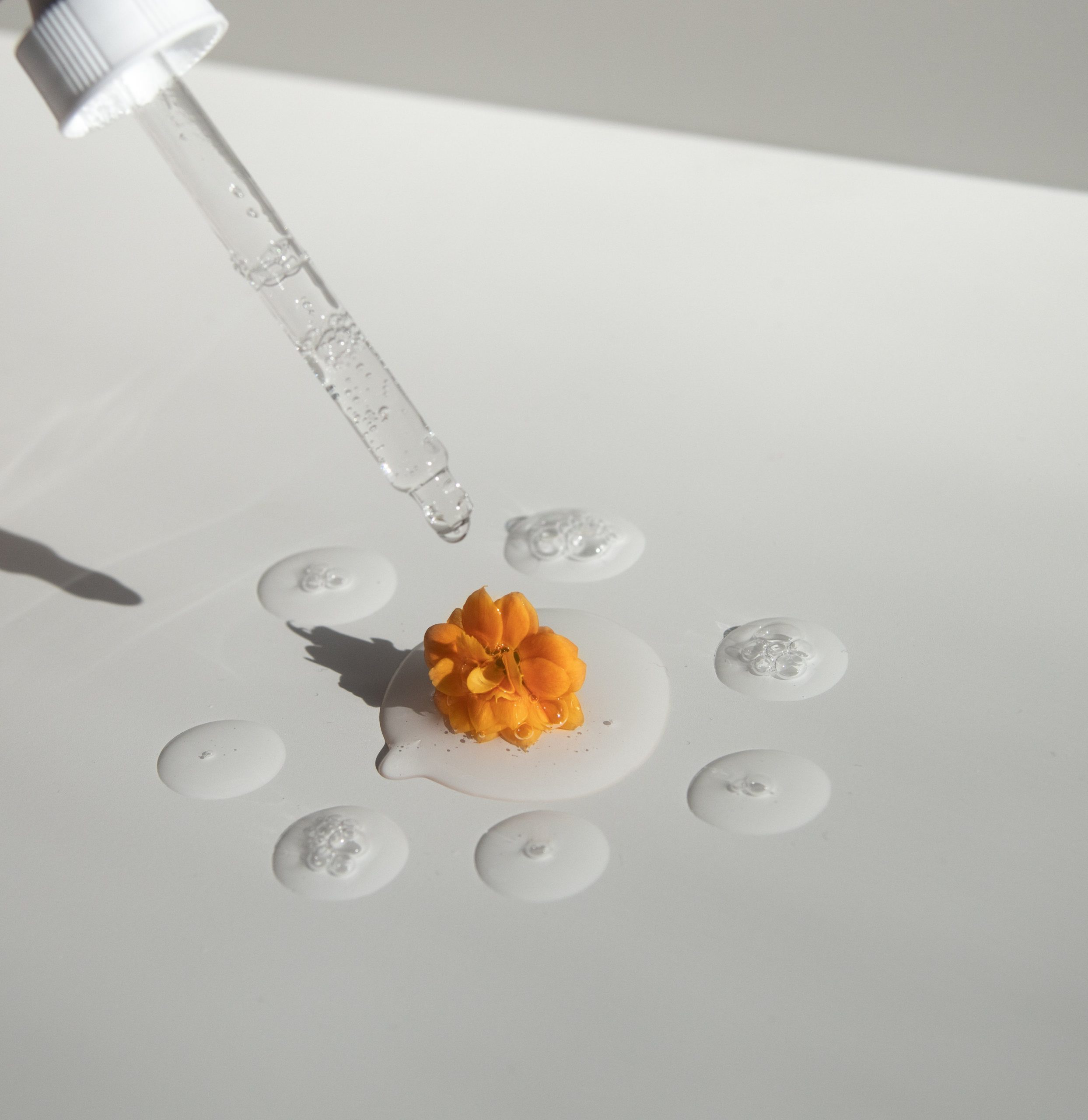Acne is a common skin condition that affects millions of people worldwide. While many factors can contribute to the development of acne, one of the most significant influences is hormones. Hormones play a crucial role in regulating various bodily functions, including the production of sebum, a type of oil that can clog pores and lead to acne. In this article, we will explore the link between hormones and acne and how understanding this connection can help in the treatment and management of this skin condition.
Understanding Hormones and Acne
Our body’s hormones are responsible for a wide range of functions, from regulating metabolism to controlling our mood. When it comes to acne, the hormones that play a key role are androgens, a group of male sex hormones that are also present in females in smaller amounts. Androgens stimulate the production of sebum in the skin, which can lead to clogged pores and the formation of acne lesions.
The Role of Estrogen and Progesterone
While androgens are known to contribute to acne development, other hormones like estrogen and progesterone also play a role. These hormones can help regulate sebum production and prevent acne breakouts. However, fluctuations in estrogen and progesterone levels, such as during menstruation or pregnancy, can also lead to acne flare-ups in some individuals.
Hormonal Imbalance and Acne
When there is an imbalance in our hormonal levels, it can disrupt the normal functioning of our sebaceous glands and lead to an overproduction of sebum. This excess oil can mix with dead skin cells and bacteria, causing inflammation and the formation of acne lesions. Hormonal imbalances can be triggered by various factors, including stress, diet, and certain medications.
Puberty and Hormonal Acne
Puberty is a time of significant hormonal changes, with an increase in androgen levels leading to the development of acne in many adolescents. This type of acne, known as hormonal acne, often appears on the face, chest, and back and can be more severe and persistent compared to other forms of acne. While hormonal acne is common during puberty, it can also affect adults, especially women during their menstrual cycle or menopause.
Treating Hormonal Acne
Since hormones play a crucial role in the development of acne, treating hormonal acne often requires a targeted approach that addresses the underlying hormonal imbalance. Some common treatments for hormonal acne include:
Topical treatments: Over-the-counter or prescription medications that can help regulate sebum production and reduce inflammation.
Oral medications: Hormonal therapy like birth control pills or spironolactone can help balance hormone levels and improve acne symptoms.
Lifestyle changes: Adopting a healthy diet, managing stress, and getting enough sleep can help regulate hormone levels and reduce acne breakouts.
Professional treatments: Dermatologists may recommend procedures like chemical peels, laser therapy, or extractions to help clear acne lesions and prevent scarring.
Consulting a Dermatologist
If you are struggling with hormonal acne, it is essential to consult a dermatologist for a personalized treatment plan. A dermatologist can help determine the underlying cause of your acne and recommend appropriate treatments to help you achieve clearer, healthier skin. By addressing the hormonal imbalances contributing to your acne, you can effectively manage this skin condition and prevent future breakouts.
Conclusion
Hormones play a significant role in the development of acne, with imbalances in hormone levels contributing to the overproduction of sebum and the formation of acne lesions. Understanding the link between hormones and acne is crucial for effective treatment and management of this common skin condition. By addressing the underlying hormonal imbalances and adopting a targeted approach to treating hormonal acne, you can achieve clearer, healthier skin and boost your confidence.
Remember, if you are struggling with hormonal acne, consulting a dermatologist is essential to receive personalized treatment recommendations and achieve long-term results. With the right approach, you can take control of your acne and enjoy a clear complexion.

